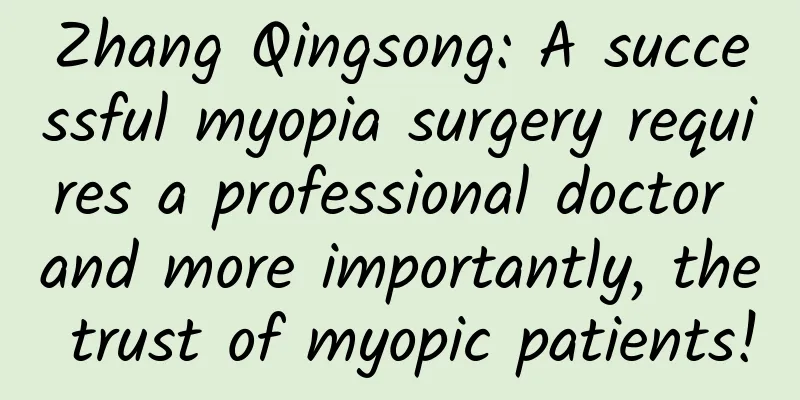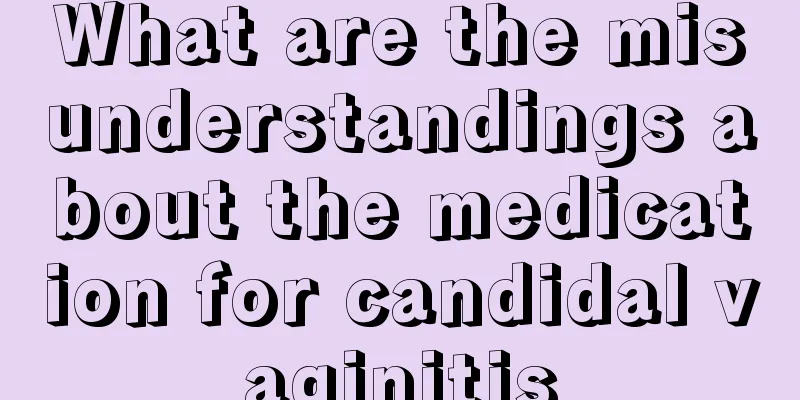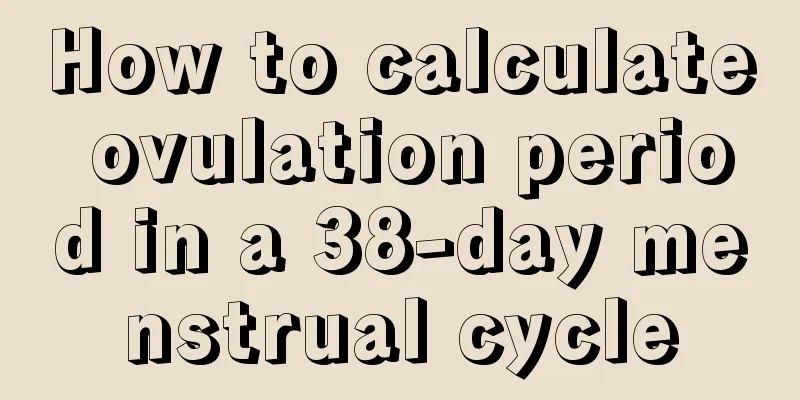Can I still get pregnant with a right adnexal cyst?

|
Women of childbearing age often suffer from some gynecological diseases. Among the many gynecological diseases, cysts are a relatively common disease. Some people often suffer from adnexal cysts in ovarian cysts. Some of these patients still have fertility tasks, so they often worry that this disease will affect fertility. So, will this disease affect pregnancy? First, let's take a look at the hazards of this disease: harm: 1. Dysmenorrhea: Those who did not have dysmenorrhea before begin to have dysmenorrhea or the dysmenorrhea continues to worsen. 2. Menstrual disorders: The previously regular menstruation becomes completely irregular, often making you panic. 3. Infertility: Ovarian cysts are one of the causes of infertility. This has no direct relationship with the size of the cyst, and the reason remains to be determined. In addition to loss of appetite, weight loss and abdominal distension, patients with ovarian cysts may also experience vomiting, fever and severe abdominal pain; in the later stages, it may even lead to edema in the abdomen and limbs. Enlarged ovarian cysts are very likely to become infected, twisted, bleed or burst, posing a life-threatening threat to the patient. Some tumorous cysts may even become cancerous. Ovarian cysts can cause secretion disorders, premature aging, malignant changes, and even ovarian cancer. Ovarian cysts may cause miscarriage in early pregnancy, ovarian cyst pedicle torsion is more likely to occur in mid-pregnancy, and larger cysts in late pregnancy may lead to abnormal fetal position, which may block the birth canal and cause dystocia during delivery. Cyst rupture is life-threatening. When an ovarian cyst grows to a certain size, complications may occur, such as infection, cyst pedicle torsion, bleeding or rupture. It affects the internal function of women's ovaries. The ovaries are the main glands for the secretion of female hormones. Ovarian cysts can affect the endocrine function of the ovaries, manifesting as menstrual disorders. If the ovarian cyst is relatively large, it may squeeze the uterus and affect the growth of the uterus, leading to miscarriage or premature birth. So if you have any signs of a cyst, you should see a doctor immediately! To sum up, suffering from adnexal cyst will affect pregnancy. Some people may become infertile, while others may suffer miscarriage even if they are already pregnant. Therefore, if someone who is not pregnant yet develops this disease, they should be treated first before trying to conceive. If you become pregnant due to illness, you should actively cooperate with your doctor for pregnancy preservation treatment. |
<<: How can moderate cervical erosion be cured?
>>: What should I pay attention to before and after getting the ring?
Recommend
Medication dosage: Elderly people are not equivalent to adults
When taking medicine for the elderly, in addition...
Are beets and spinach the same thing? What is beet called in the north?
In my country, leaf beet has a long history of cu...
What should I pay attention to when I just found out I'm pregnant?
As we all know, the early stages of pregnancy are...
What is the difference between multilayer board and ecological board? What are the advantages of solid wood multilayer board?
Many home improvement friends cannot clearly dist...
How much does a blood hcg test cost?
HCG is also called human chorionic gonadotropin. ...
Can moisture in the body cause infertility?
Traditional Chinese medicine believes that if the...
Do patients with high blood pressure feel dizzy?
Dizziness is a common symptom of patients with hy...
How to relieve breathing difficulties during pregnancy
Speaking of the problem of insufficient oxygen an...
Is there any way to treat vulvar leukoplakia?
Although vulvar leukoplakia does not affect our a...
Can I have a medical abortion when I am more than 20 days pregnant?
There are many ways to abandon the baby in your b...
Can I eat spicy food after abortion?
Diet is very important for women after abortion. ...
How to identify the authenticity of sesame oil? How to store sesame oil without spoiling
Among all kinds of delicious dishes, sesame oil i...
The first impact on women
The first time is a kind of trust and entrustment...
Can I eat cumin when I'm pregnant?
Cumin is a common seasoning. It is used in many b...









